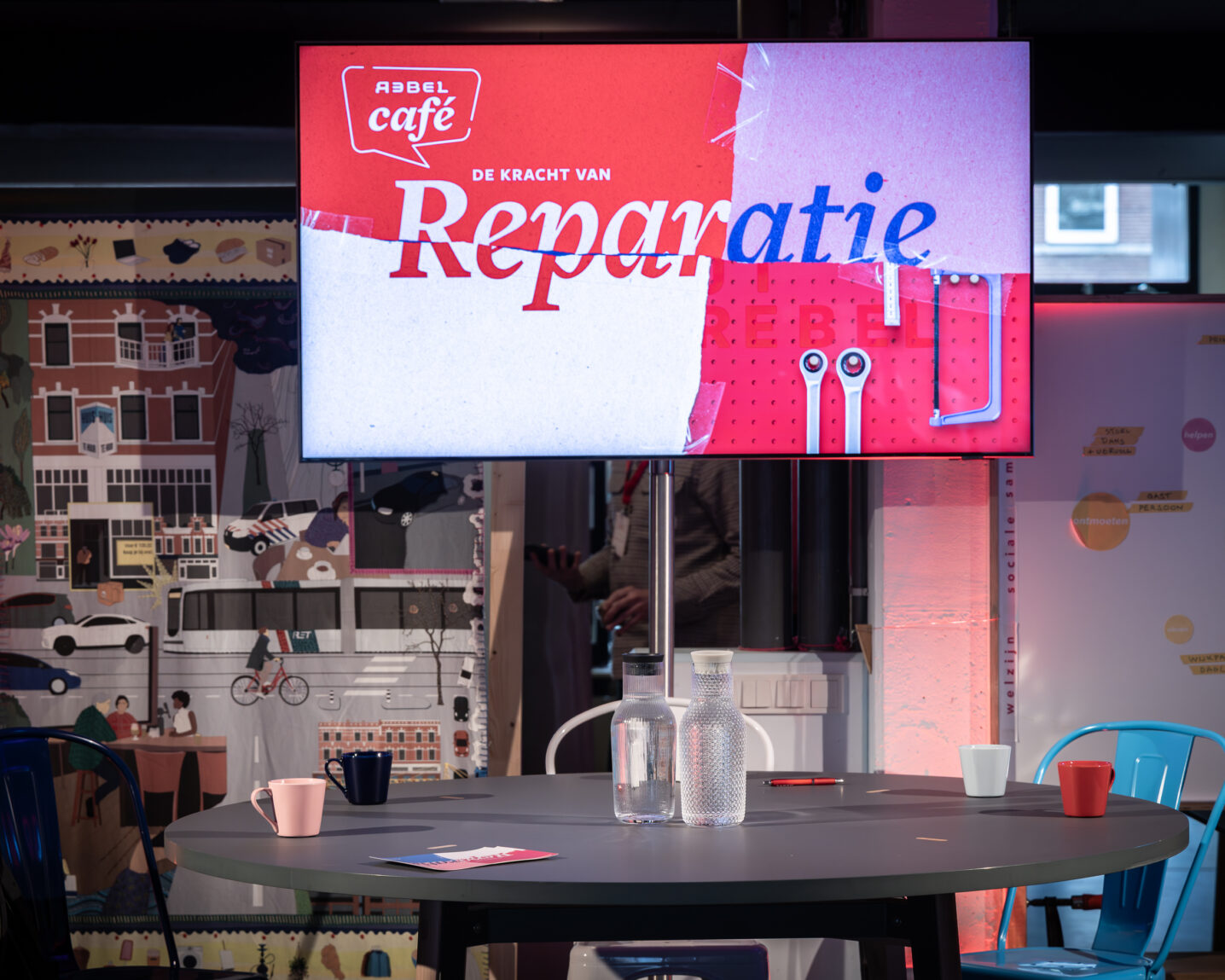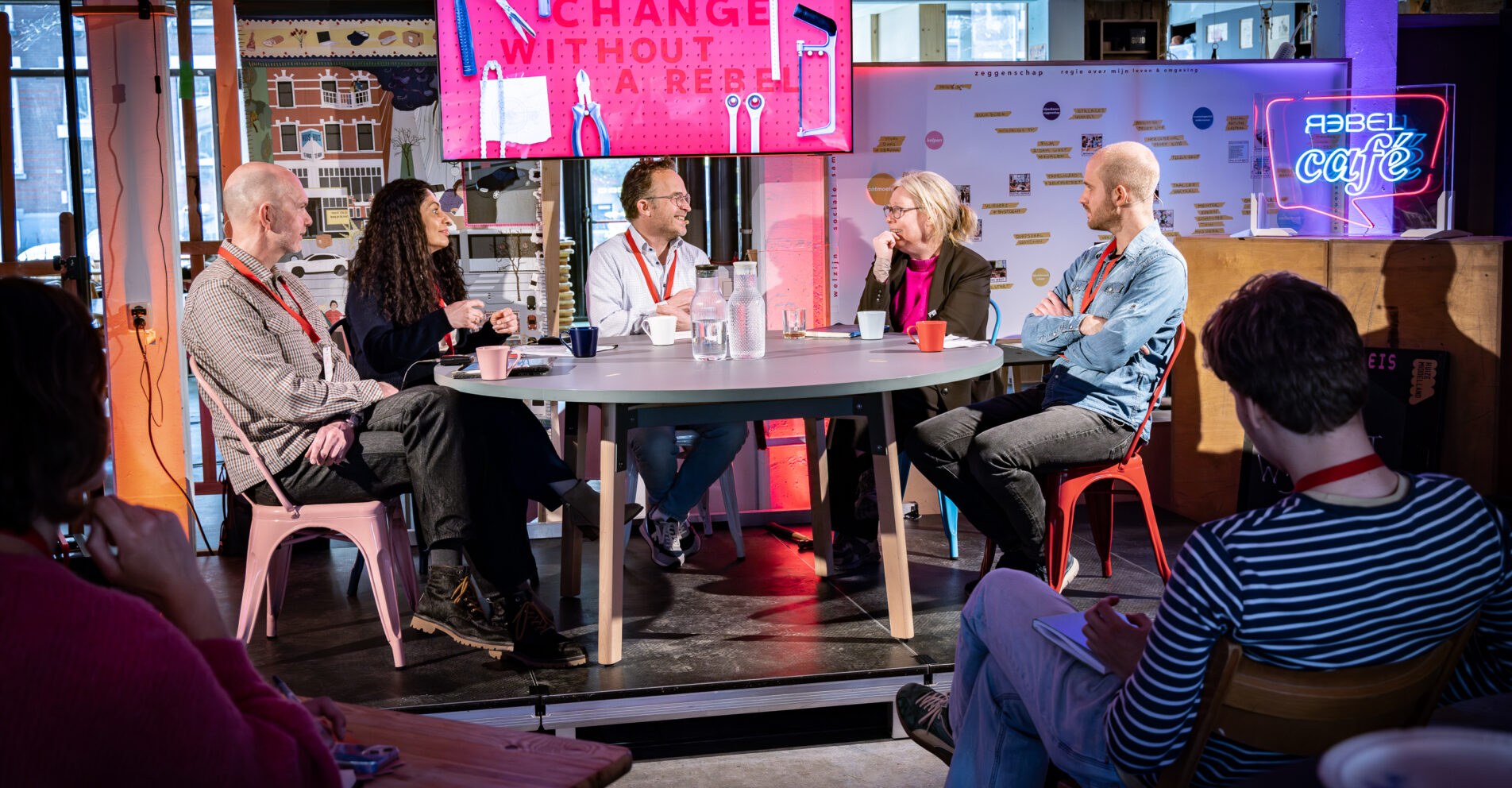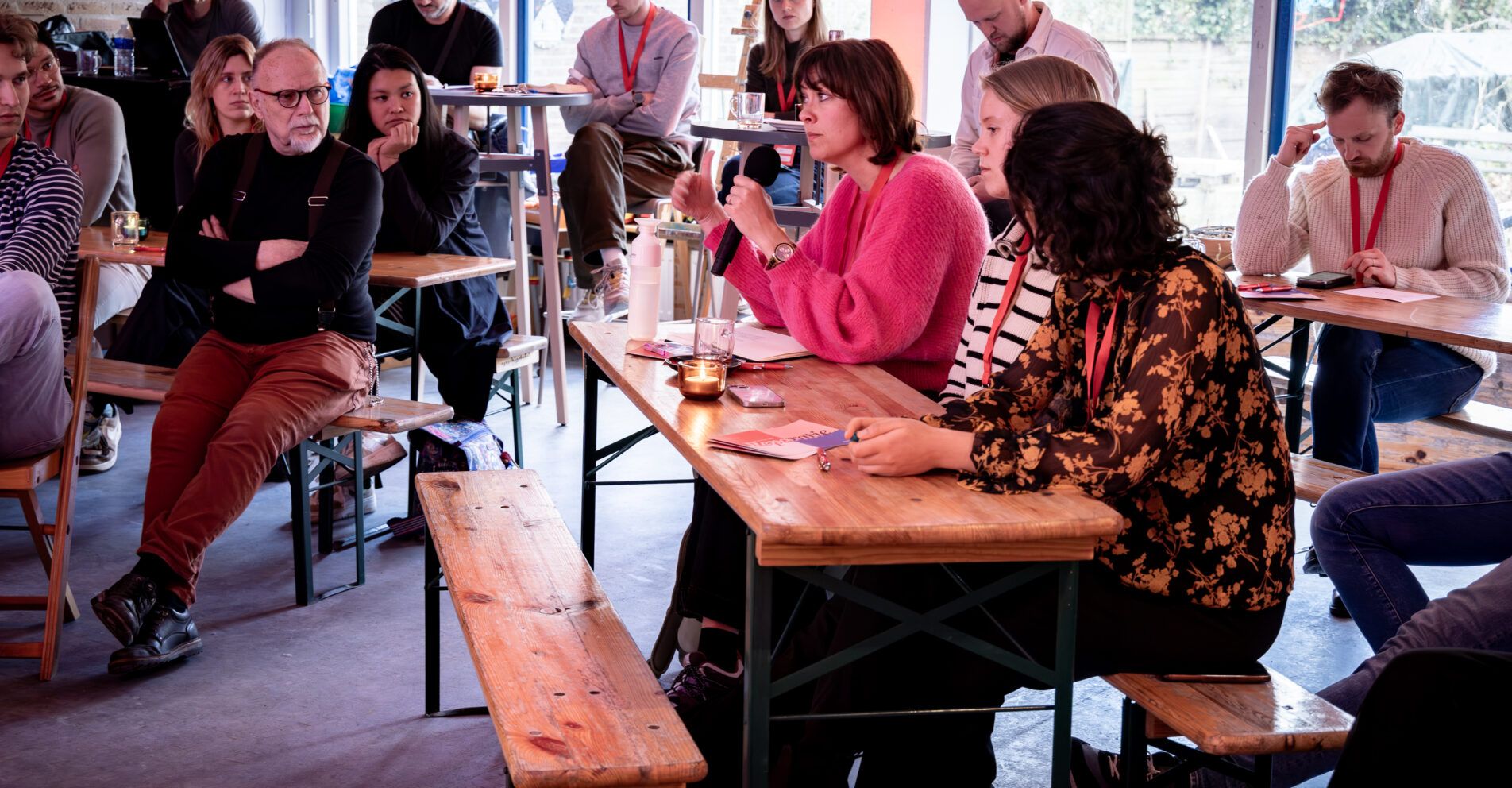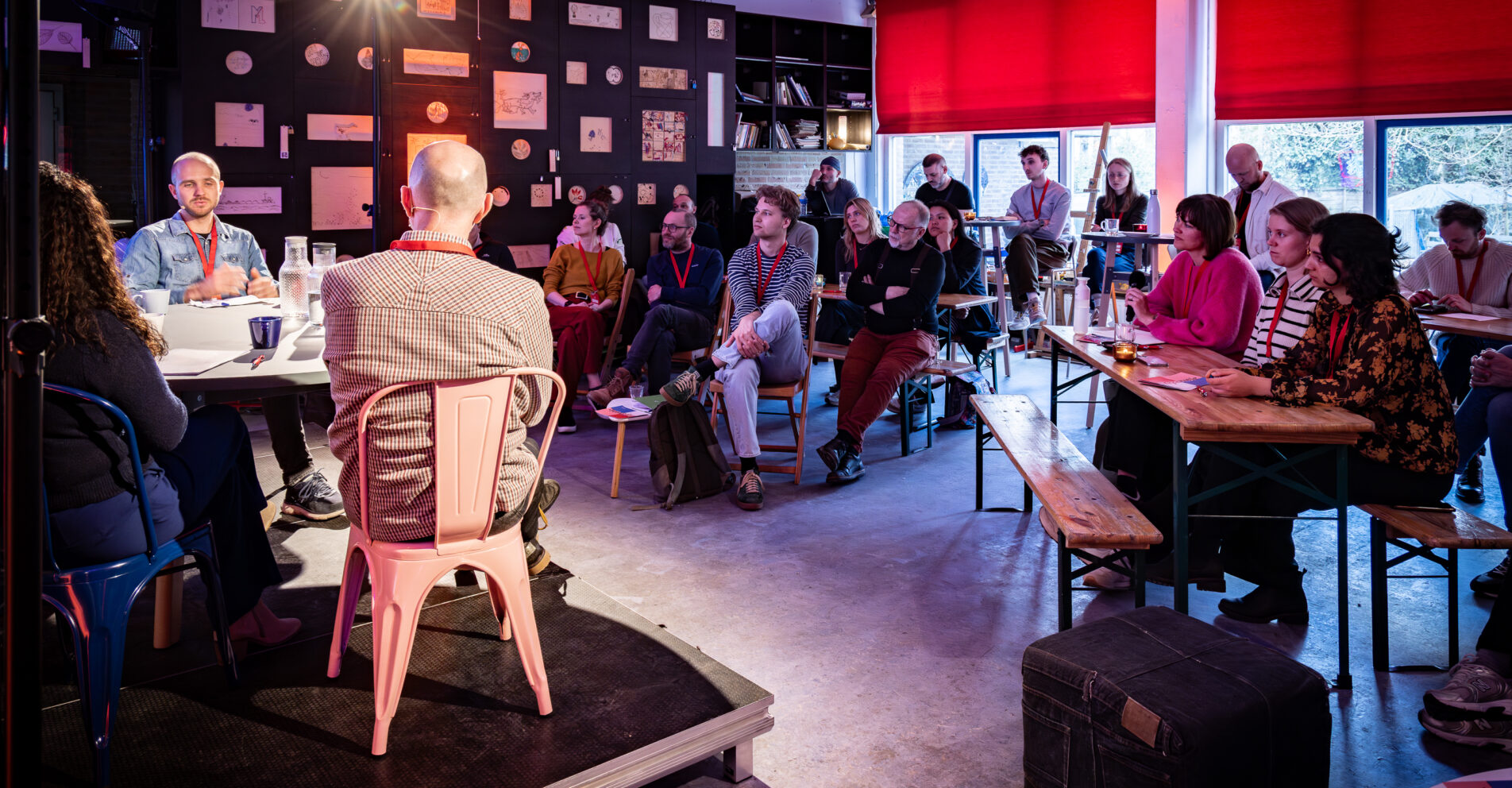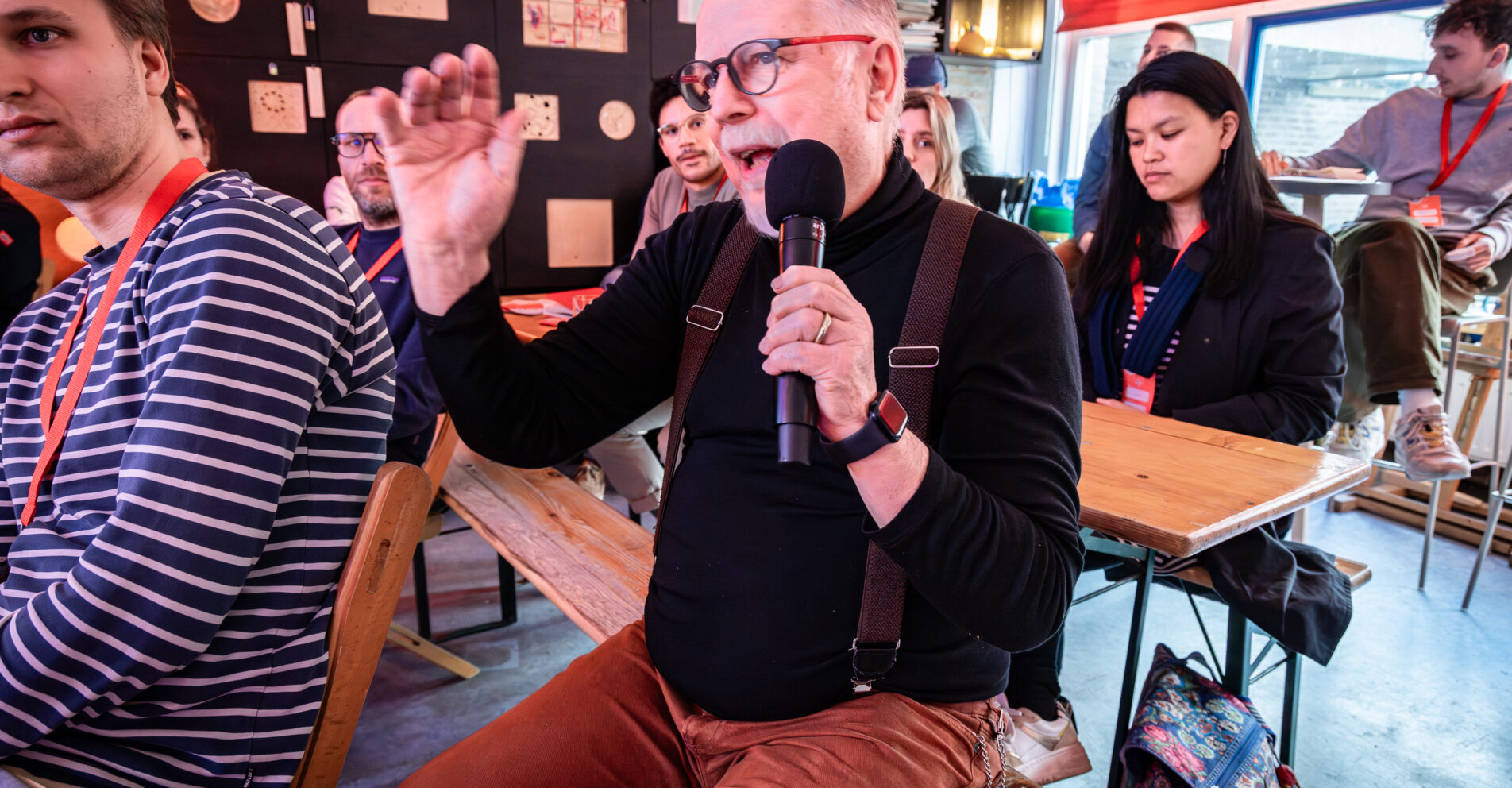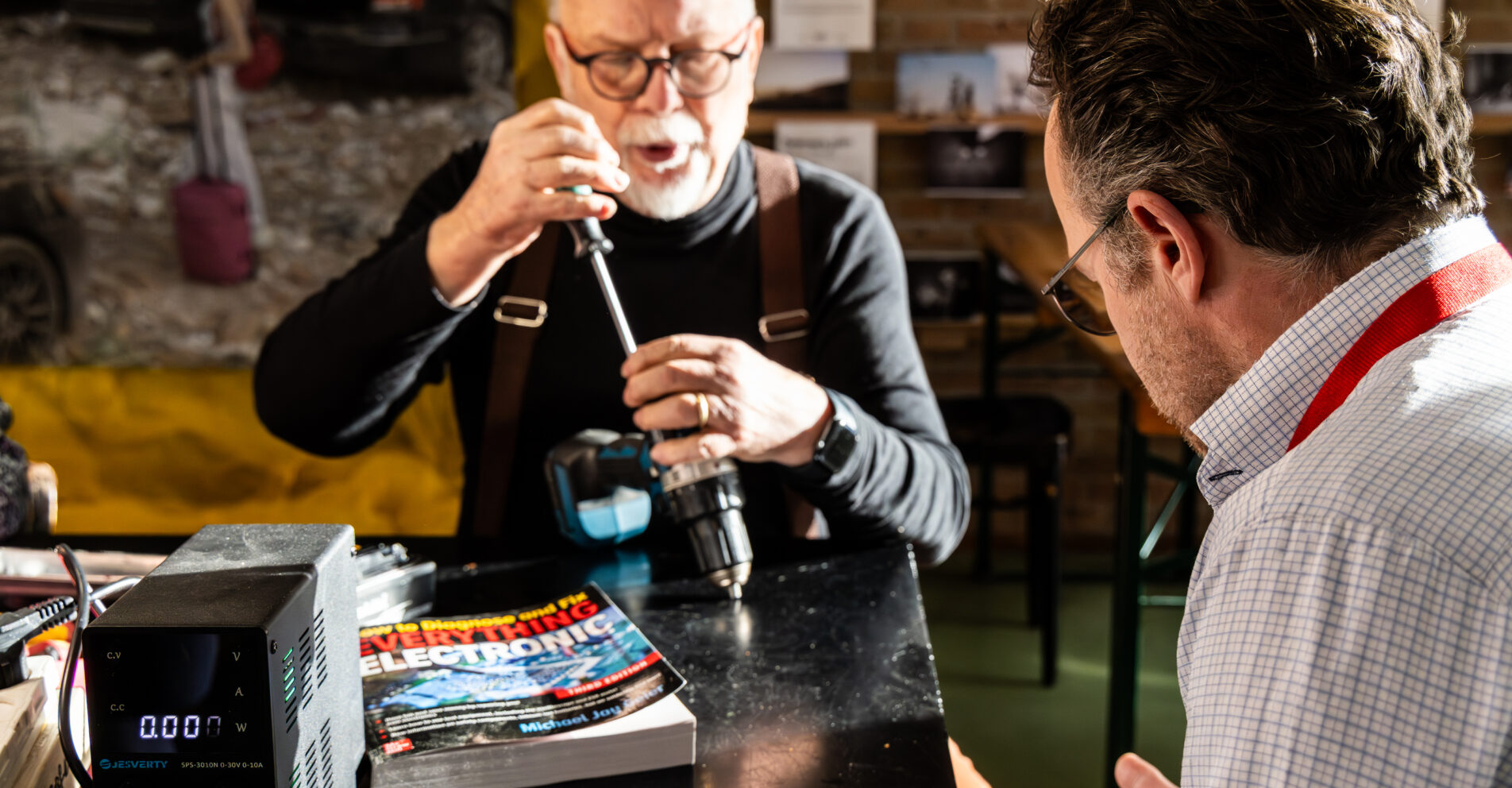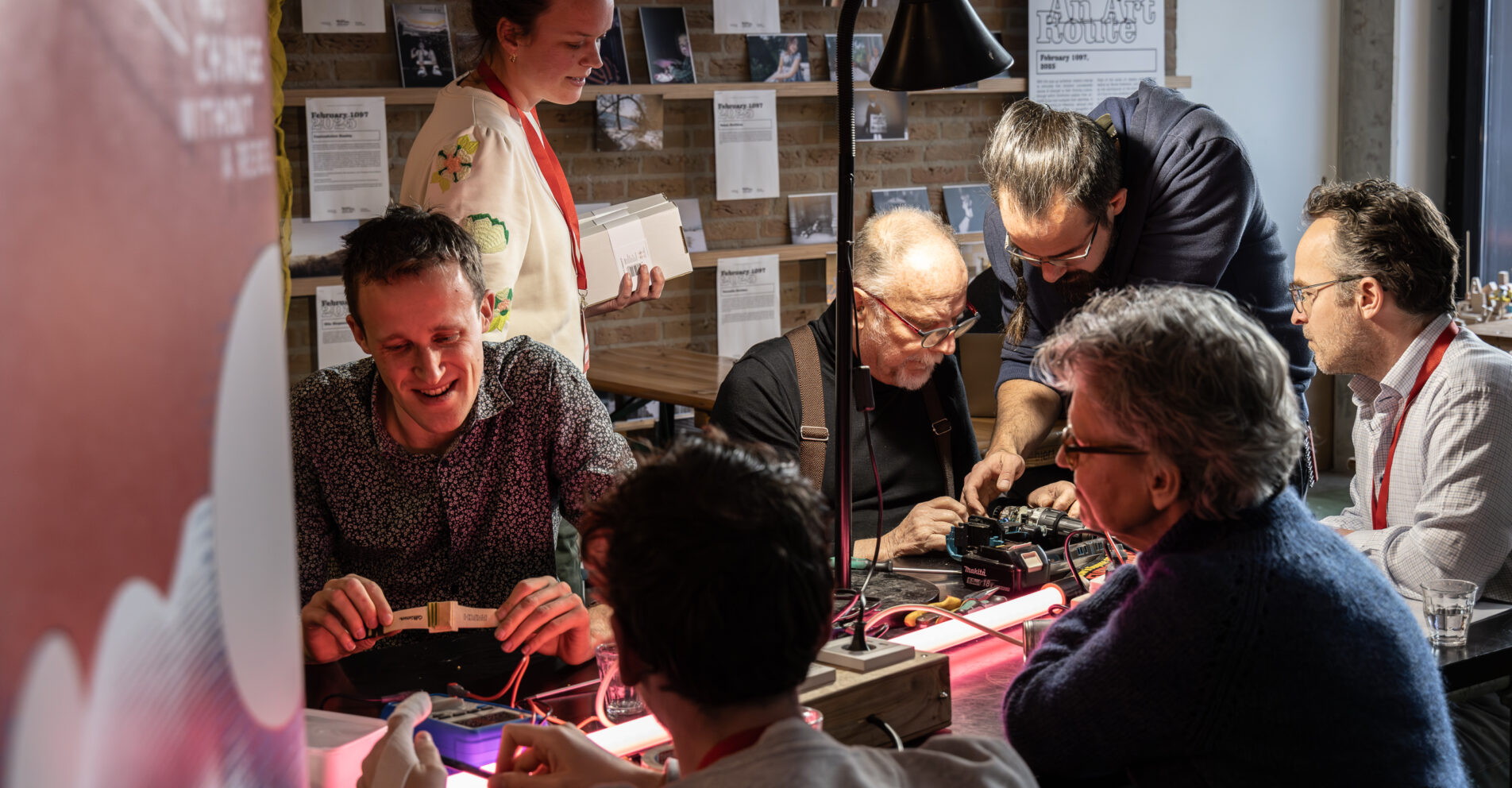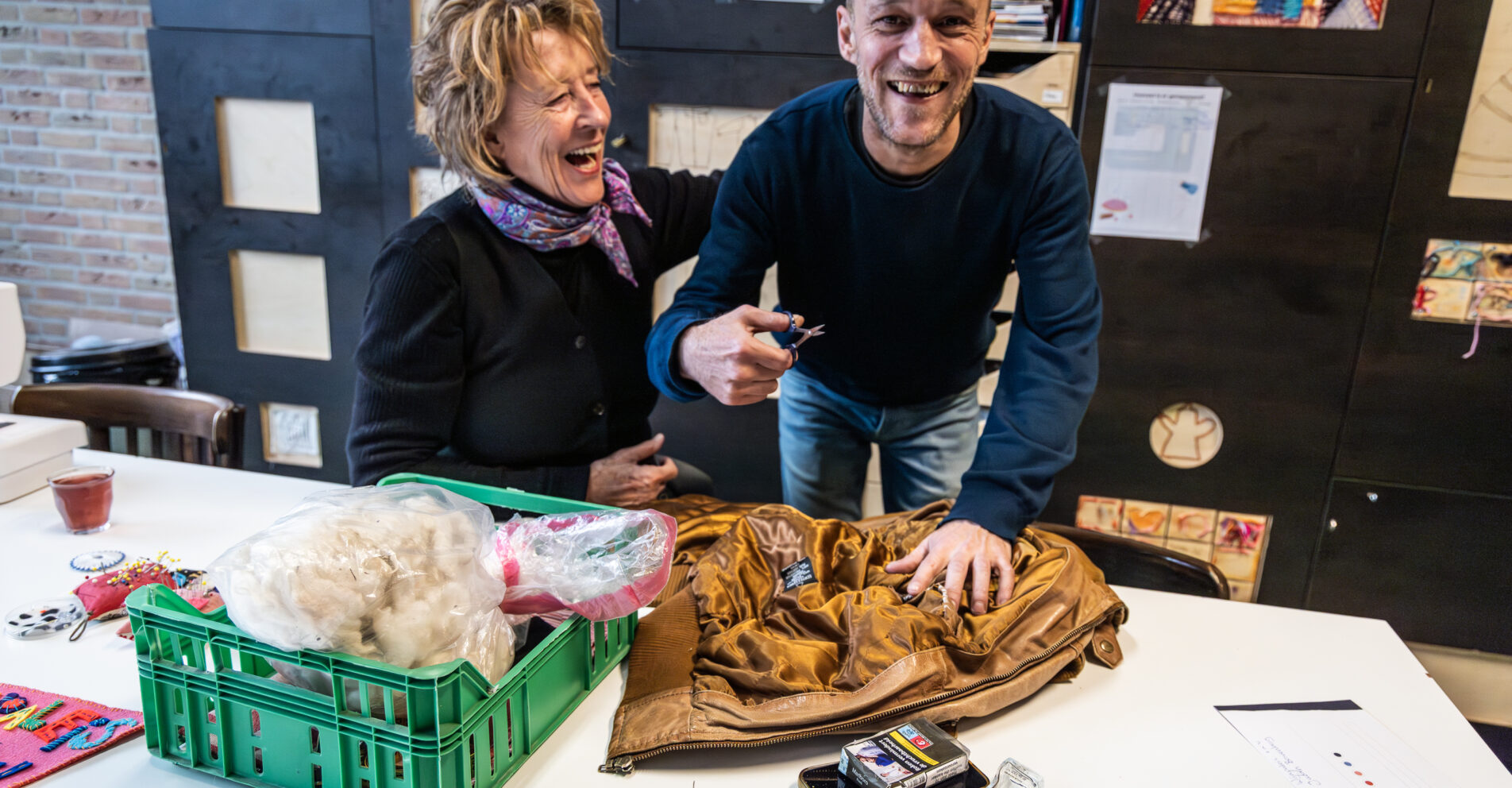Roundtable discussion: The Power of Repair
circular economy
Key learnings: Rebel Café ‘The power of repair’
We often discard items instead of repairing them, but why? Repairing can be more cost-effective than buying new and aligns perfectly with the shift toward a circular economy.
Ahead of Circular Economy Week, Rebel brought together innovators and experts from the sector to explore the opportunities and challenges of repair. Is repair mainly about social impact, or does it hold real commercial potential? How can we inspire both consumers and entrepreneurs to embrace it? And does legislation support repair, or does it create barriers?
The discussion, part of the second edition of the Rebel Café, was led by Bart Budding and Nicolein Blanksma (Rebel Circular Economy), with contributions from Nico Werkman (Decathlon), Sema Acar (Fietsenbank Rotterdam), Marieke Hillen (Het Wijkpaleis), and Sieds Wijnja (Jafix.com). They shared insights and answered questions from the audience.
Here are the key takeaways from “The Power of Repair.”
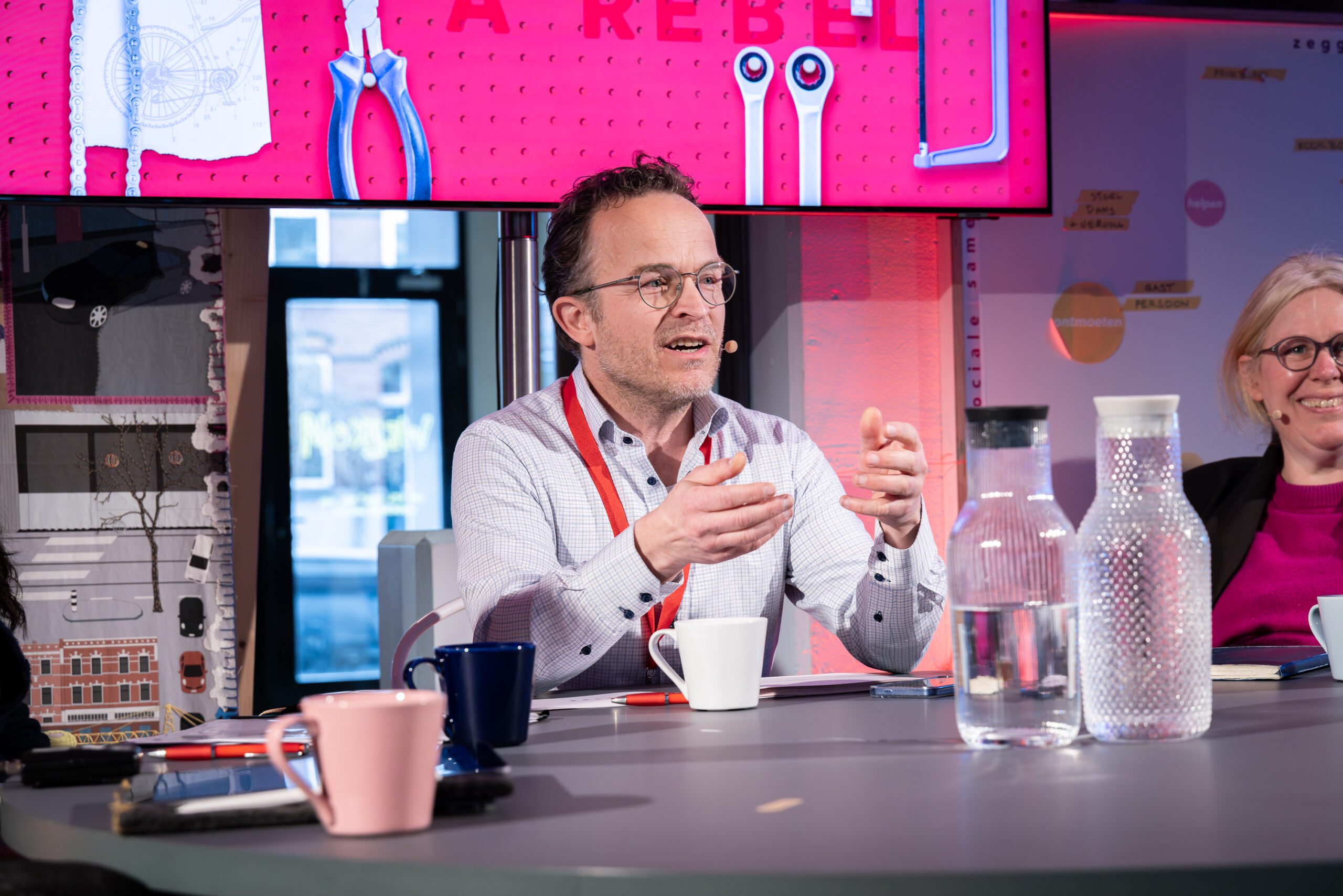
1. Repair serves social purposes, but also has commercial potential
The social impact of repair is clearly visible at the Fietsbank, which collects second-hand bicycles, repairs them, and distributes them to low-income residents of Rotterdam. This gives people who might not otherwise own a bicycle the freedom to get around, whether it’s to work, the sports club, or to visit family and friends. But the Fietsbank’s impact goes far beyond bicycles, explained bicycle broker Sema Acar during the Rebel Café. Its repair workshops also provide opportunities for people who are distanced from the labour market, offering them a place to learn skills and participate in meaningful activities. The workshops even serve as community hubs for volunteers and daytime programs. Because of this, the organisation works closely with other social initiatives to strengthen its impact.
Repair also plays a social role at Het Wijkpaleis in Rotterdam. Local residents can contribute their valuable skills at the repair café. Director Marieke Hillen highlighted the story of Khalil from Syria, who arrived without speaking Dutch but quickly became indispensable thanks to his expertise in complex electrical engineering. Hillen noted, “There are countless stories like this.”
Sieds Wijnja runs the repair platform Jafix.com, a commercial enterprise that connects consumers with repair professionals, provides repair manuals, and helps businesses develop their repair strategies. Wijnja believes that repair efforts need a sustainable revenue model. While repair cafés are valuable and should continue to thrive, he argues that anyone who truly wants to scale up repairs must also make them commercially viable. “It’s both/and, not either/or,” Wijnja emphasizes.
2. Making repairs profitable is a challenge
At sports retailer Decathlon, Repair Leader Nico Werkman has seen how the circular economy has become a company priority. “That would have been unthinkable five years ago,” he notes.
Making repairs profitable, however, is not easy. The added value of repair is hard to quantify in monetary terms, repair costs are high, and there’s a shortage of skilled repairers.
For consumers, price and speed are the biggest factors, according to Sieds Wijnja of Jafix. “We’ve become used to having anything delivered to our door within 24 hours. Repairing is a more complicated process, and that’s a major hurdle for many people.”
Jafix.com is still in its start-up phase and needs time to become profitable. Wijnja also points out that individual repairers often struggle to earn a decent living. “Furniture makers are fully booked for the next six months, yet they earn too little because of high overheads and the endless challenge of pricing their work.”
At Decathlon, the company is gradually making the value of repair more tangible. Werkman emphasizes that customers should pay a fair price for repairs: “We’re discovering that it’s okay to ask, and that people are willing to pay for it.”
3. Among consumers, awareness and appreciation for repair still needs to grow
Customers at the Wijkpaleis repair café share one thing in common, notes director Marieke Hillen: a love for objects. This isn’t about materialism, but about caring for their belongings, often because they’ve inherited them. “The ability to maintain and repair things is a skill we need to be taught and relearn,” she adds.
People who repair their own items also experience a sense of satisfaction similar to the joy of buying something new, says Sieds Wijnja of Jafix. “You start to love your belongings more once you’ve repaired them. You develop a kind of bond.”
Yet many consumers mistakenly think that repair is more expensive than buying new. “That’s not based on facts, but on perception,” Wijnja points out. We’re more likely to call a repairman – or simply buy a new item – than to fix something ourselves. The planet pays the price for this mindset, as the environmental cost of raw materials is rarely reflected in the purchase price.
According to Sieds Wijnja from Jafix, consumers often have longer warranties on their products than they realize. “They can always go back to the retailer,” he notes. Quality is an important factor for consumers, the speakers agreed. People often ask themselves: what will I actually get out of having this product repaired? For Marieke Hillen from the Wijkpaleis, the repair café offers a more personal and pleasant alternative to large, impersonal companies that take your items and quickly declare them unfixable. “Here, there’s a real person helping me, someone who takes the time to get me ahead,” she says.
4. Legislation can both promote and hinder repairs
European Right to Repair legislation gives consumers better access to spare parts, allows them to repair products themselves, and gives them the freedom to turn to third-party repairers. Sieds Wijnja of Jafix sees it as a good start but questions how much manufacturers can realistically be forced to do. “What if a company can’t afford it? We all want parts to be more accessible and affordable, but there’s also something called a free market economy,” he explains.
Wijnja believes the law, originally not designed with a circular economy in mind—needs a thorough review. He suggests introducing a “repair contribution” to replace the current disposal contribution.
Meanwhile, large companies like Decathlon are actively involved in shaping upcoming legislation, such as the EU Circular Economy Act (2026). Repair Leader Nico Werkman notes, “We have a seat at the table at a high level, discussing what is feasible and what isn’t for us as a company.” He calls it a win-win: businesses can contribute to the lawmaking process while staying informed about future regulations. The legislation also helps justify and secure budget for Decathlon’s repair initiatives.

